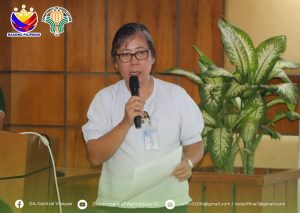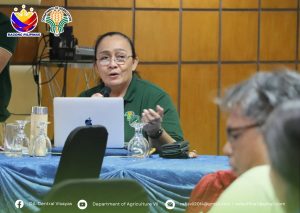The meeting aimed to assess and review the status of the 2025 corn project implementation, identify challenges encountered by the local farmers, and recommend strategies to address issues on corn production.
Provincial Corn Coordinator Marya Zea A. Villaganas shared the importance of organizing corn farmers’ associations through the clustering and consolidation (F2C2) approach.
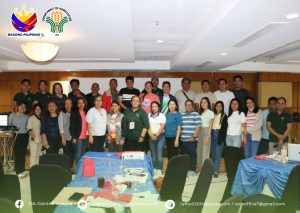
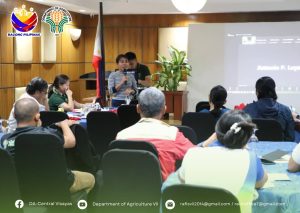
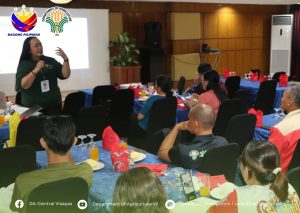
“Corn jud atong grupo, atong pormahon (we will form a corn group/association) with members solely corn farmers. Kung dili kaabot sa requirement (if we can’t meet the requirement), that’s the time you will be fused with the adjacent barangay,” Villaganas said.
She cited the need to meet the 75-hectare minimum requirements for clustering.
Marina Viniegas, DA7’s Agricultural Program Coordinating Officer for Cebu, (DA7 APCO -Cebu) reiterrated about the F2C2, encouraging corn technicians and municipal agricultural officers (MAOs) to align their efforts to maximize corn production through harmonization.
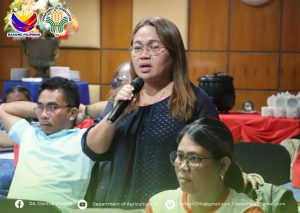
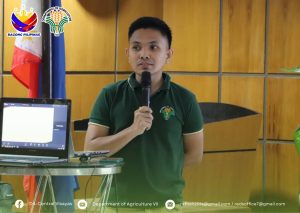
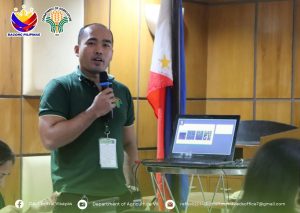
DA7’s Regional Corn Coordinator Lavinia A. Corpus presented the performance, updates and targets for 2025, noting that Cebu ranked fourth nationally in both physical and financial implementation. However, she shared the possible decline in yield percentages due to the separation of Negros and Siquijor from Central Visayas by 2026. In addition, that despite facing a 30% crop damage caused by the fall armyworm (FAW) outbreak in 2024, Cebu still achieved a yield of 3.64 metric tons per hectare.
In 2020, Bohol has the highest production of yellow corn with a yield of 2.76.
“Wala ta nagexpect nga gamay ra gihapon ang production. Gaincrease atong area pero gamay ang increment given sa interventions,” Corpus explained.
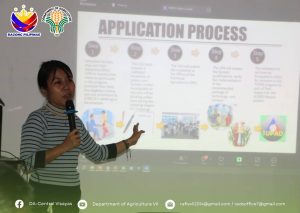
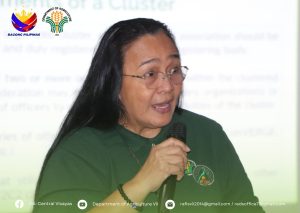
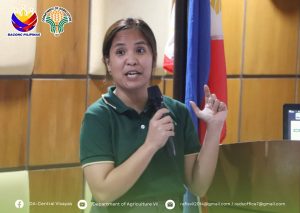
(We never expect that our production is low, though our areas are increasing, but the production increment is still low because of limited intervention.)
Christine D. Brillo-Chief, OPA’s Agribusiness Division, introduced the Sugbo-Maisan DOLE TUPAD Assistance Program, which provides emergency employment and support services to corn farmers affected by pest outbreaks and climate-related challenges. The program aims to empower smallholder farmers while boosting corn sustainability in Cebu.
